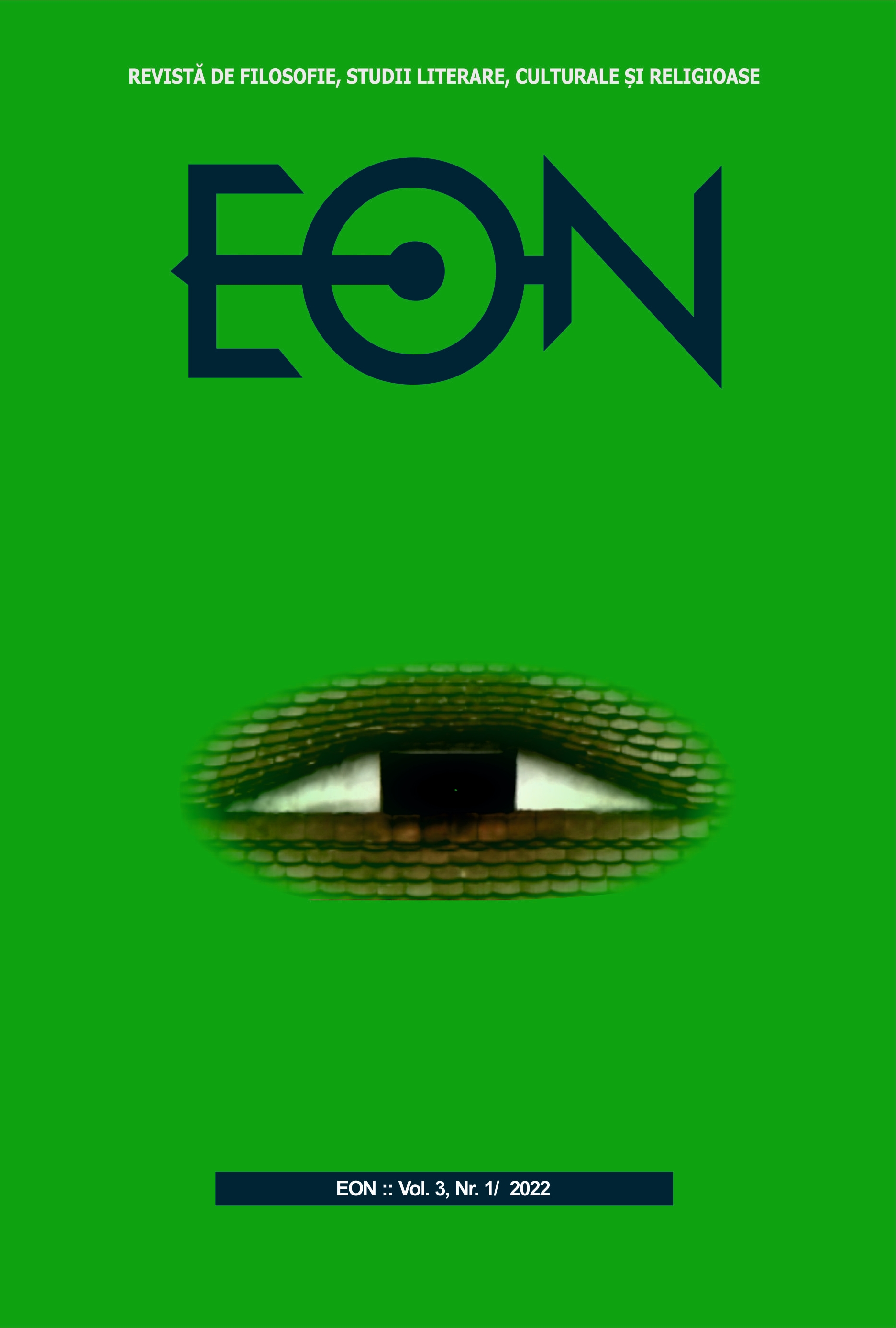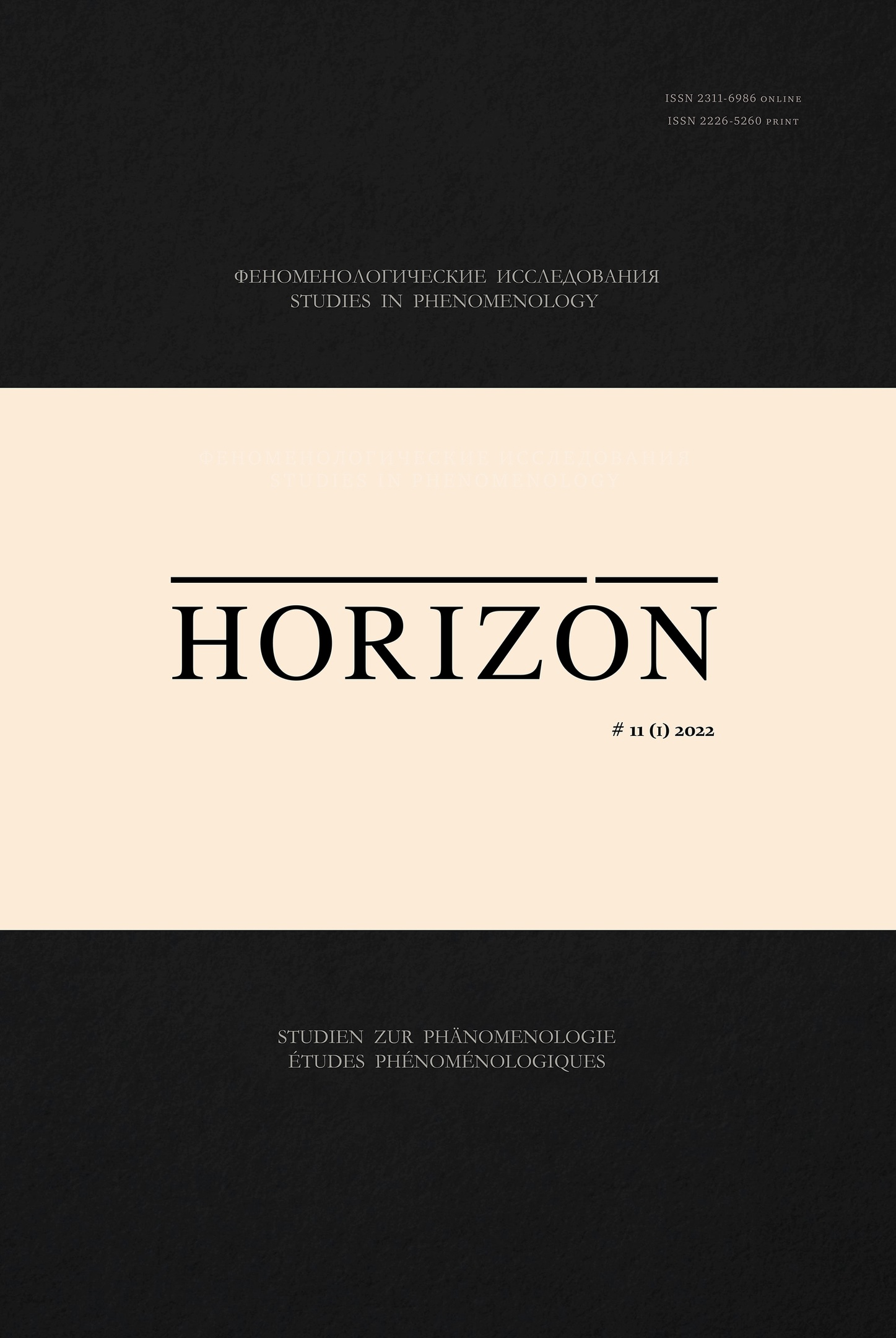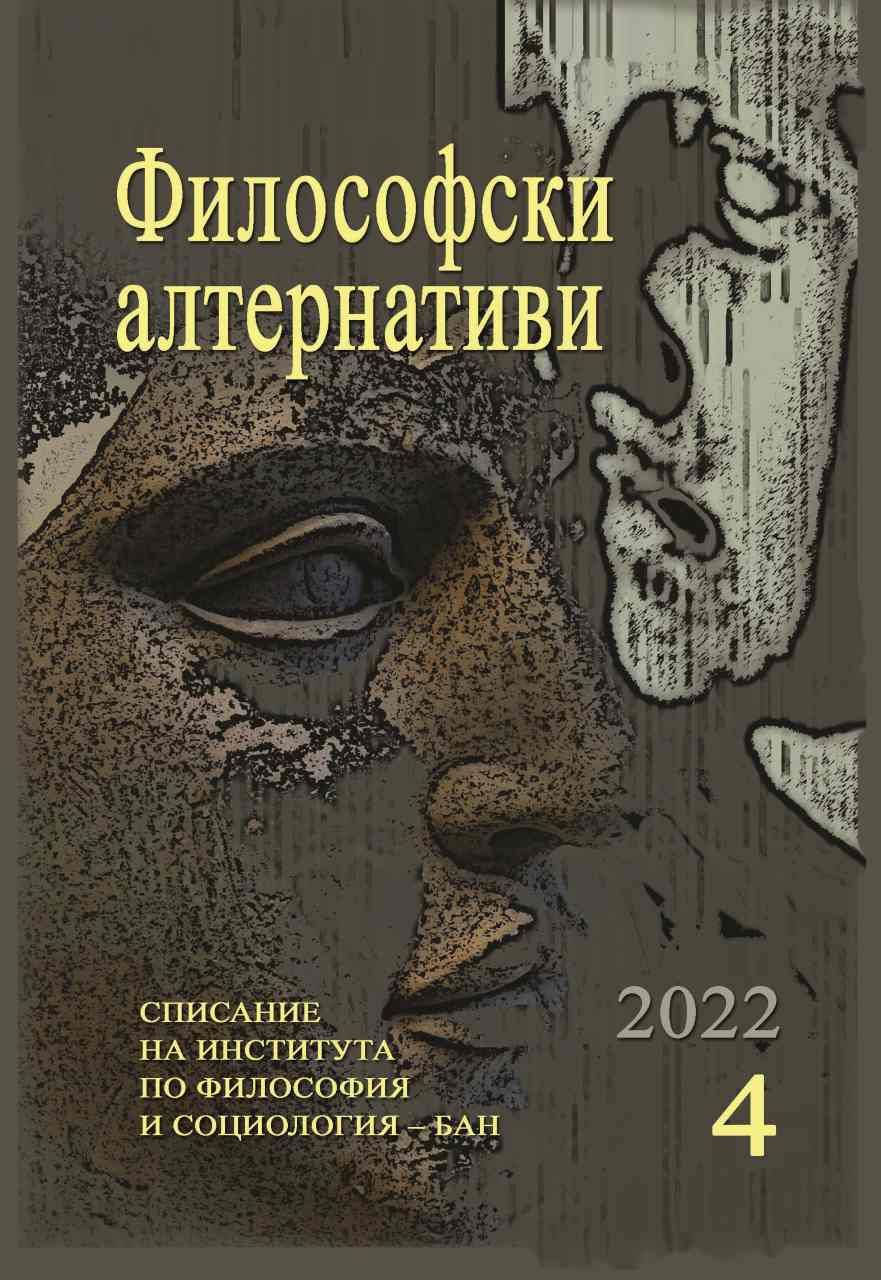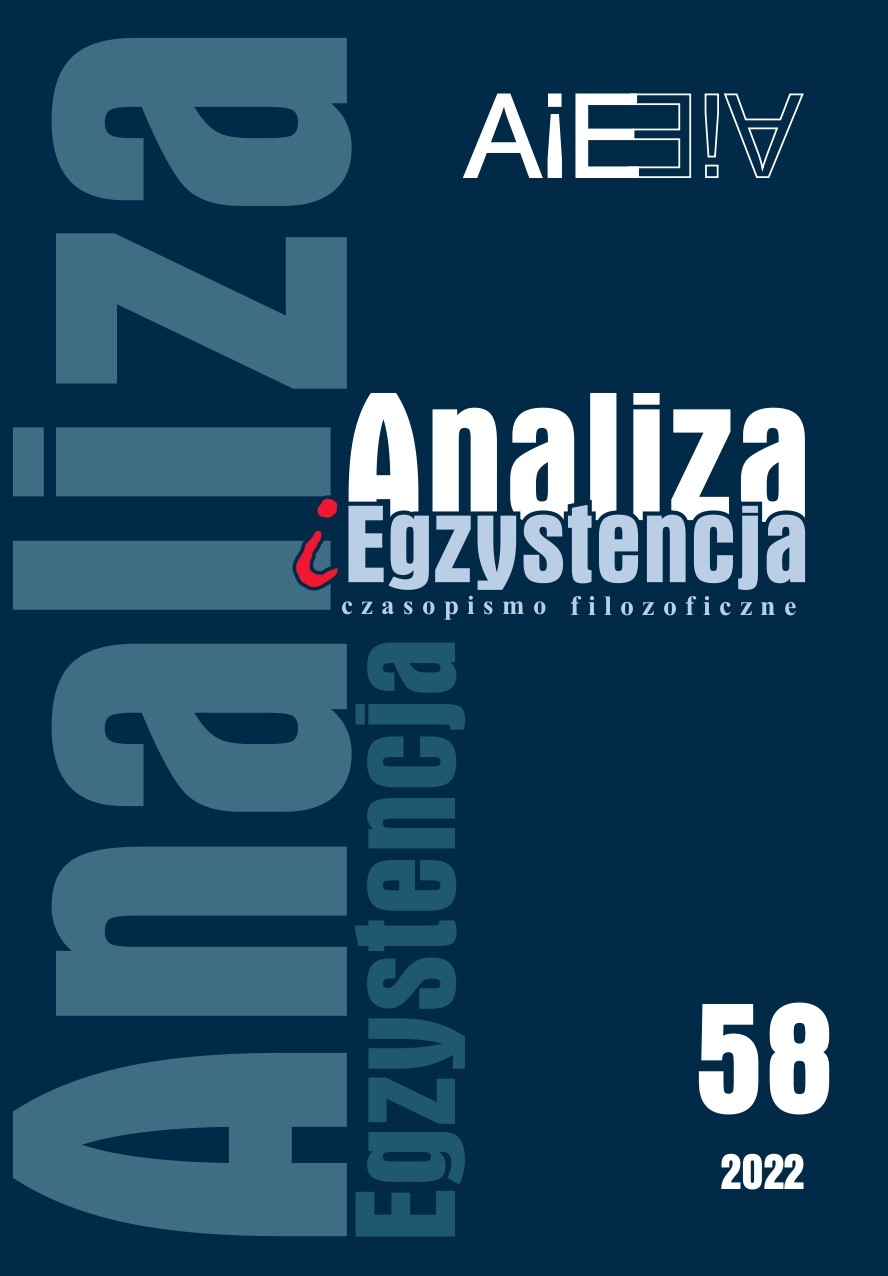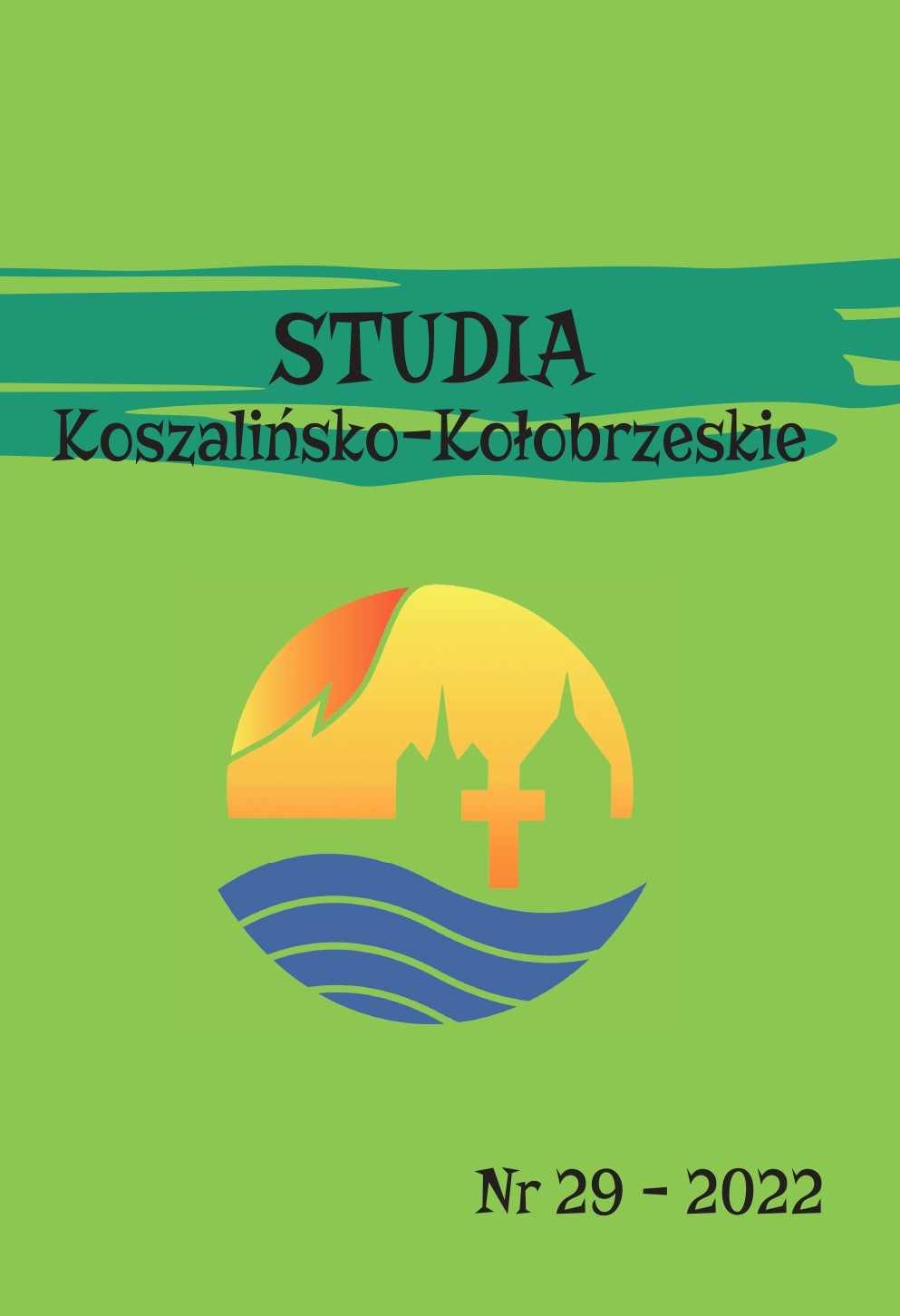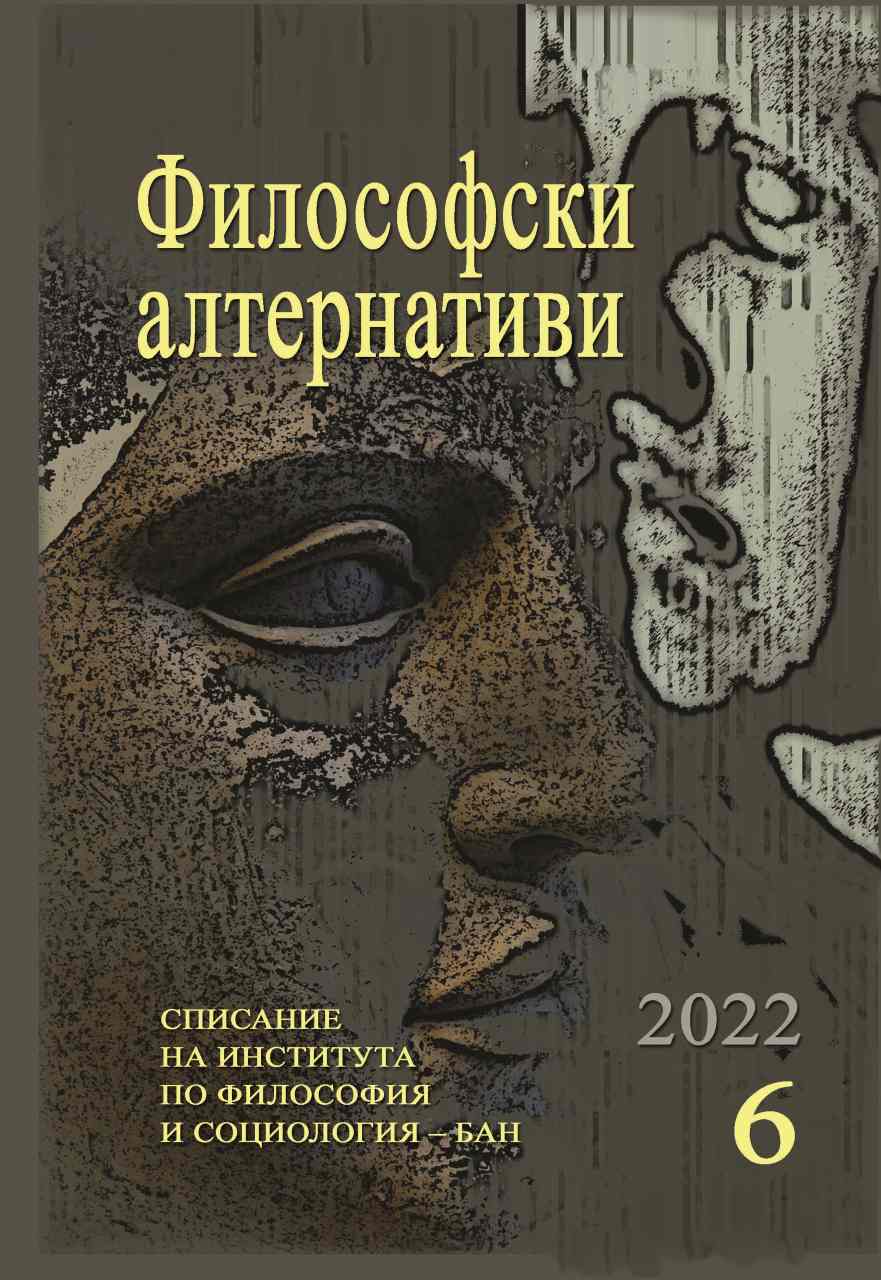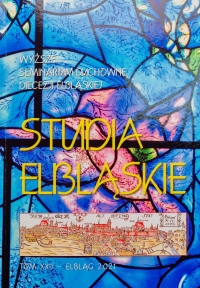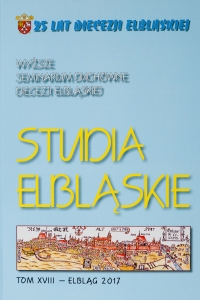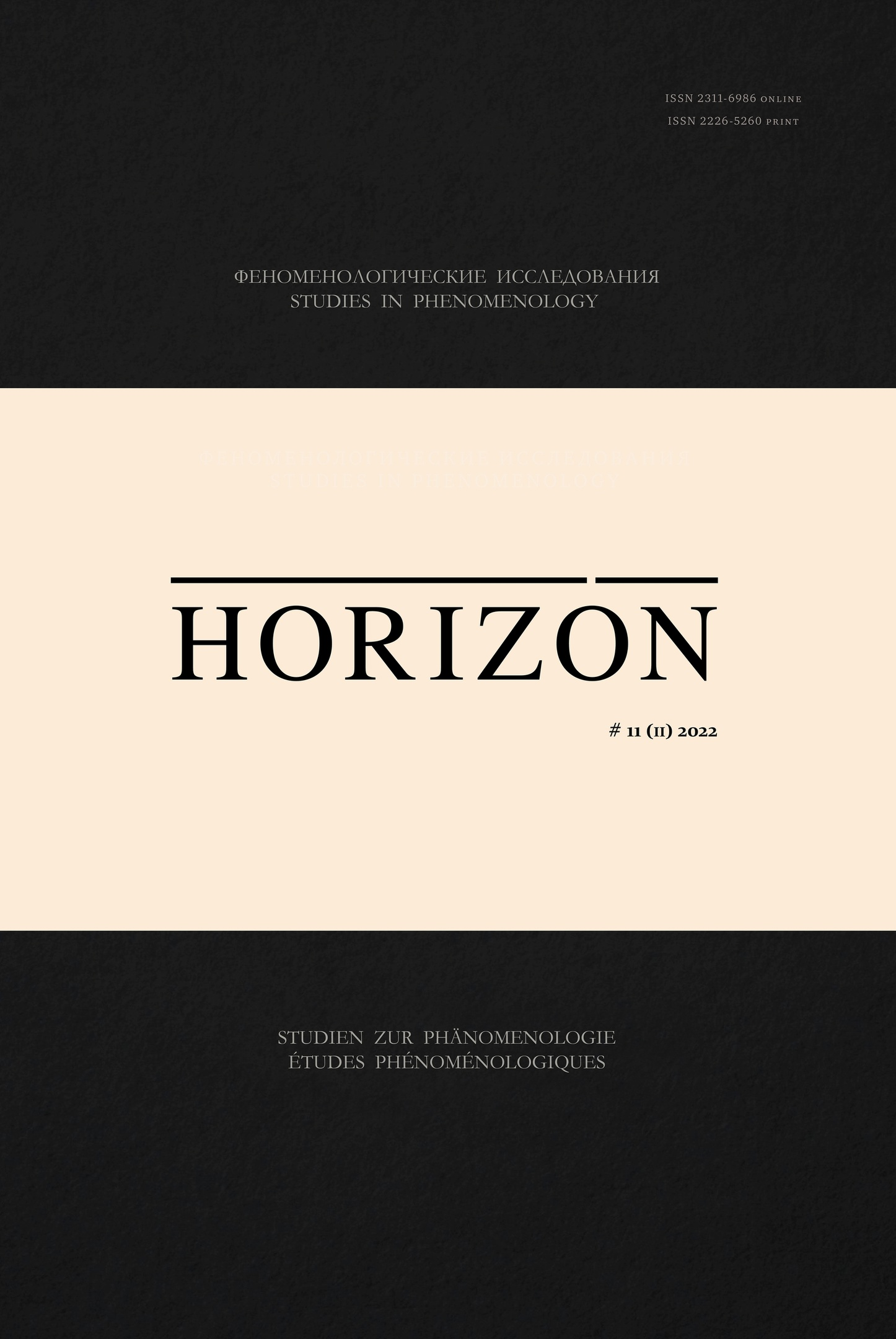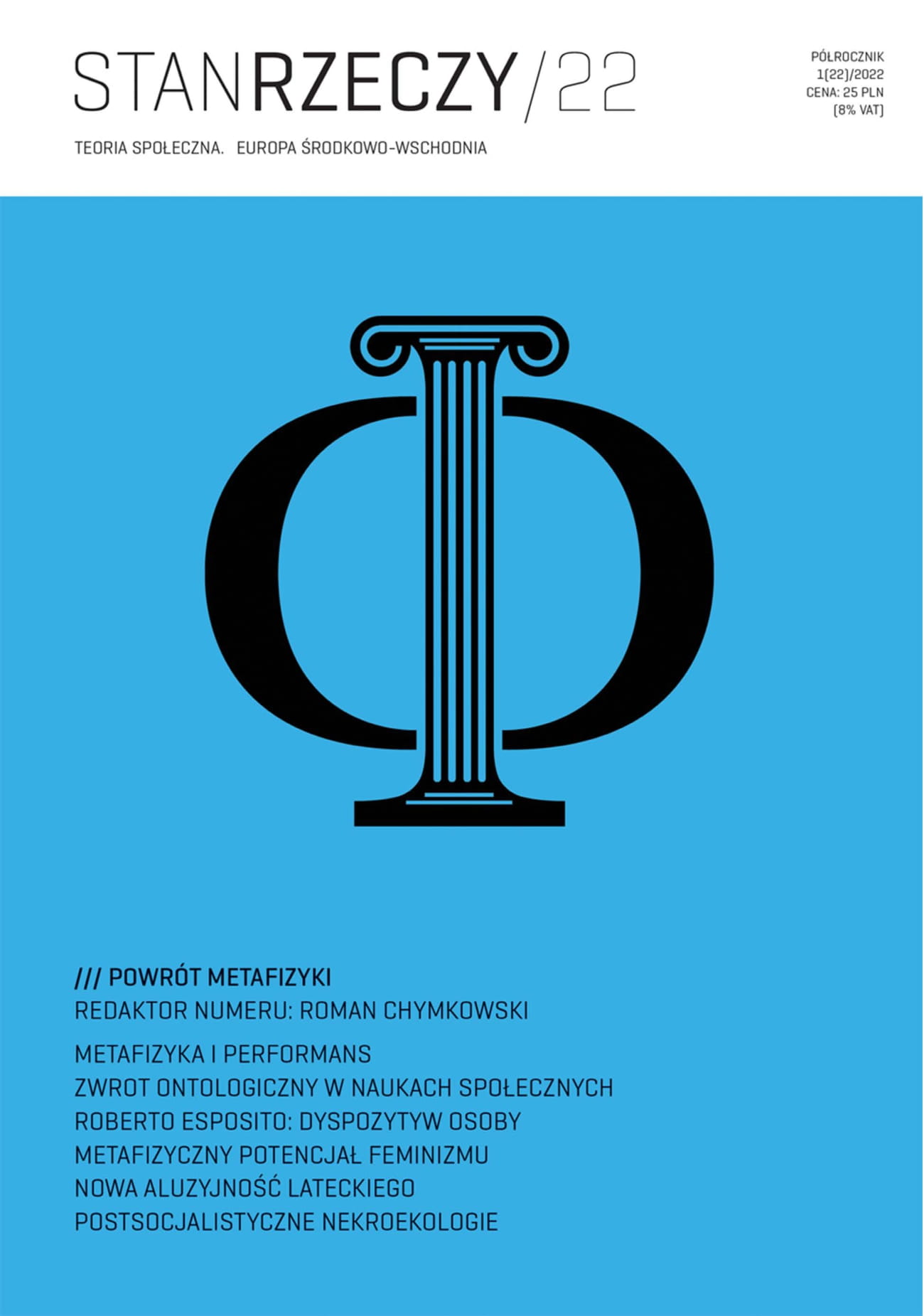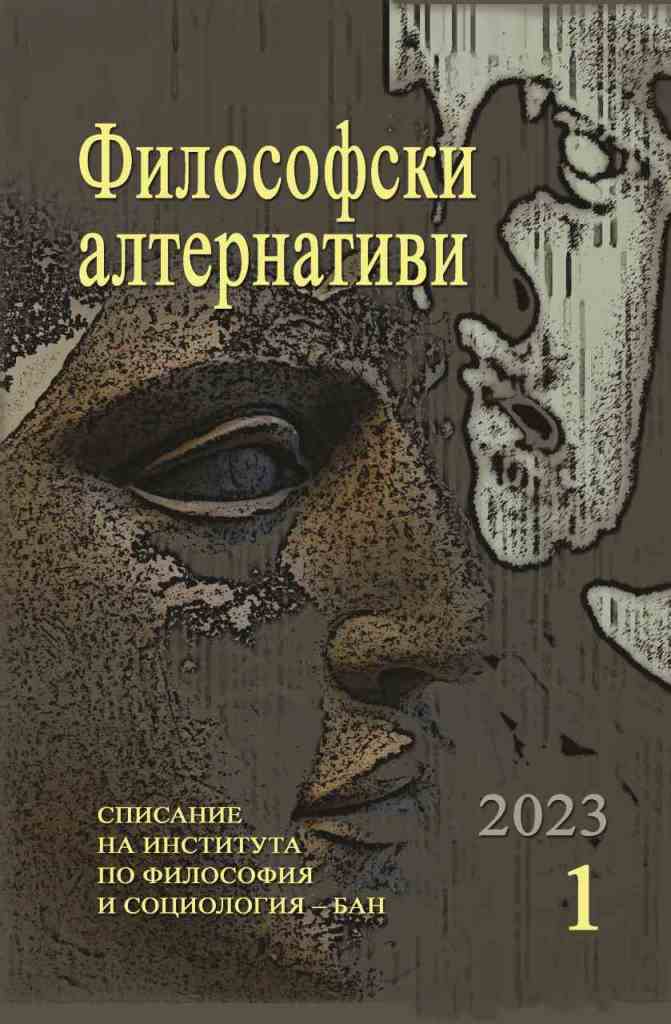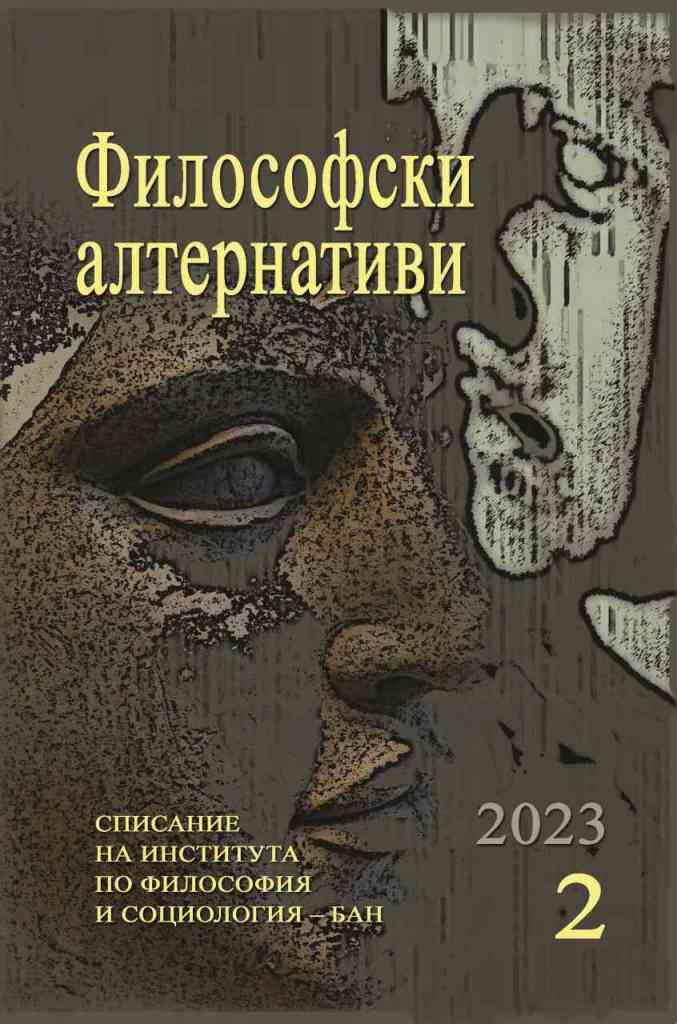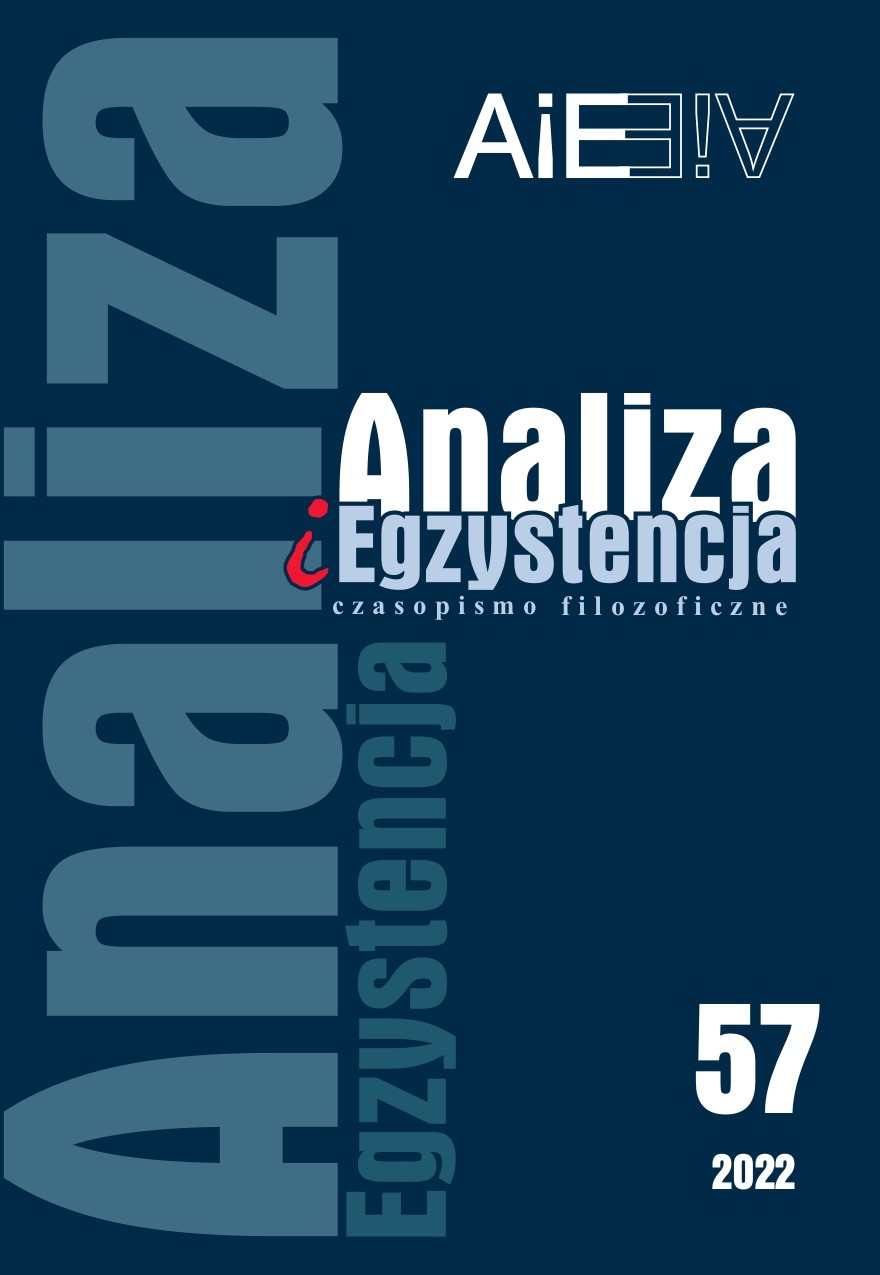
Krytyka poznania w marburskiej szkole neokantyzmu: Hermanna Cohena ujęcie Platońskiego idealizmu w perspektywie Kantowskiej logiki transcendentalnej
The article is an attempt to characterize Platonic idealism as interpreted by Hermann Cohen – founder and the same time a leading representative of Marburg school of Neo-Kantism. The course of analysis includes Cohen’s theses put forward in the epistemological work PlatonsIdeenlehre und die Mathematik. The postulates to which Cohen refers connect the reflection on classical idealism and the status of the Platonic idea with logical-mathematical reflection and the problem of sichere Hypothesis as a certain hypothesis. Defining the role of mathematics: arithmetic and geometry, becomes indispensable in understanding the idealism of both Plato and Kant. Both emphasize the importance of thought, logic of pure thinking, criticism as a path and character-shaping.The argumentation presented in the article, rooted in the historical and philosophical analyzes of the problem, in the summary is also an attempt to define the meaning of Platonic and Neo-Kantian idealism for contemporary scientific and philosophical issues.
More...
